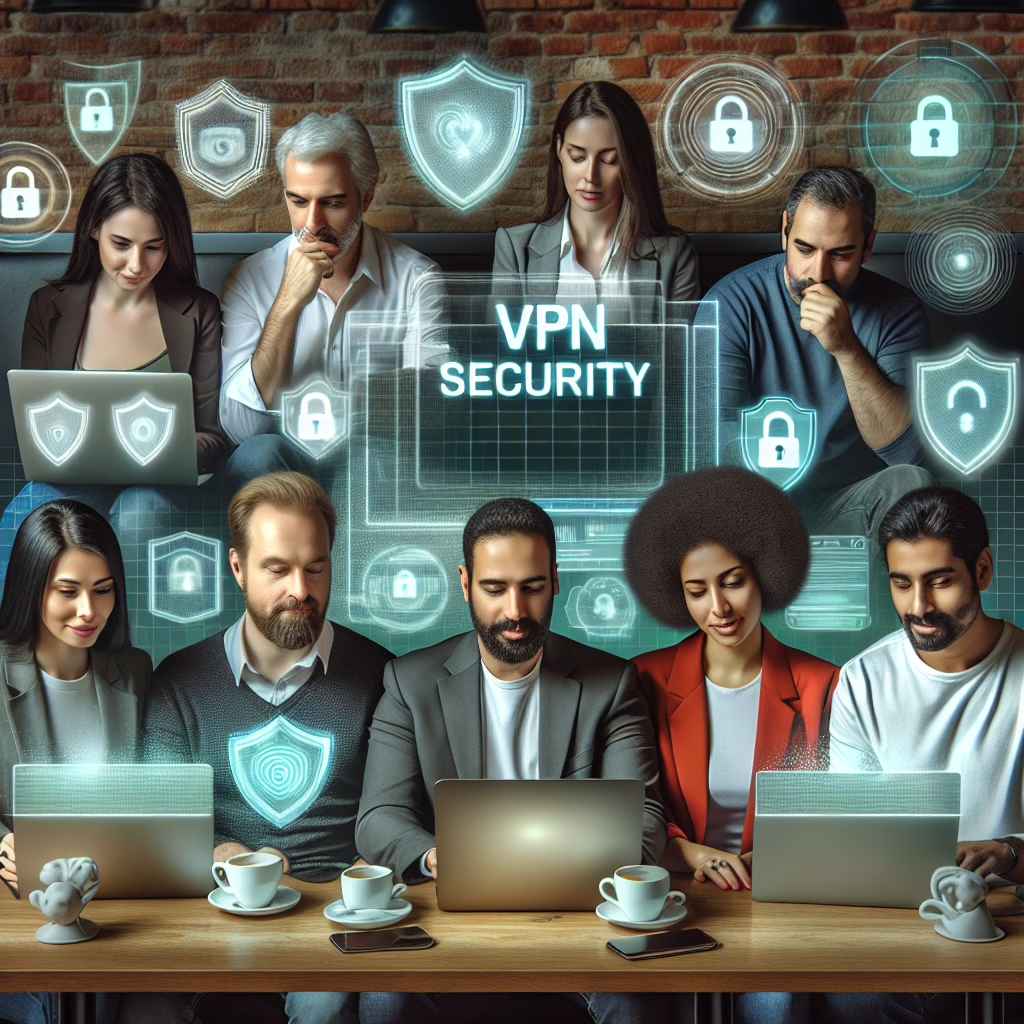In a world where online privacy feels like a game of hide-and-seek, Pakistan has decided to play it like a boss by granting its first-ever VPN licenses! Yes, you heard it right—this is not just another bureaucratic red tape story; it’s a leap towards regulating VPN usage while promising to keep things secure and, dare we say, a bit more private. In this ever-evolving digital landscape, the importance of both VPN and security cannot be overstated.
What Does This Mean for VPN Usage in Pakistan?
For those of you who might be wondering, “What on earth is a VPN?” (Virtual Private Network, if you’re curious), let’s break it down. A VPN creates a secure tunnel between your device and the internet, allowing you to browse freely while keeping nosy onlookers at bay. It’s like putting up curtains in your digital home—no peeking allowed!
Now, why would Pakistan want to regulate something as essential as VPNs? The government aims to tackle illegal online activities and ensure that users don’t have too much fun without supervision. After all, who wouldn’t want to keep an eye on the virtual party next door? By issuing licenses to VPN providers, Pakistan hopes to maintain a semblance of order in the chaotic digital landscape.
The Implications of Regulating VPN Providers
Regulating VPNs might sound like a recipe for disaster to some privacy advocates. However, let’s put on our optimistic glasses for a moment. With these new licenses, we can expect better accountability from VPN providers. Imagine if your favorite coffee shop had a health inspector stopping by regularly; it wouldn’t guarantee the best latte but would likely improve the overall hygiene. Similarly, licensed VPNs could offer more reliable services with enhanced security measures.
Of course, there are valid concerns about how this regulation might impact freedom of expression. In countries where censorship is prevalent, the introduction of regulated VPNs could feel like handing out umbrellas during a rainstorm while simultaneously forbidding people from going outside. But fear not! It’s not all doom and gloom; many experts believe that this move could lead to improved standards across the board.
Will Users Benefit from Licensed VPNs?
Now let’s get to the juicy part: will users actually benefit from these licensed VPNs? Well, consider this: if done right, licensed providers may offer better customer service and more robust security features. Think of it as getting an upgraded phone plan without any additional charges—everyone loves that!
Moreover, with the government keeping tabs (in theory) on these providers, we might see less of those dubious free VPNs popping up like weeds after a rain shower. You know the ones—the kind that promise total anonymity but secretly sell your browsing data for pennies? With regulation in place, hopefully, users can steer clear of such traps.
The Road Ahead: Challenges and Opportunities
As with any good story, challenges lie ahead. Implementing this new licensing regime won’t be a walk in the park. The government will need to find the right balance between regulation and user freedom—a task easier said than done! And let’s not forget about potential pushback from users who have grown accustomed to their online liberties.
But here’s where it gets interesting: if Pakistan can successfully navigate these waters, it might set a precedent for other nations wrestling with similar issues. Imagine a world where countries collaborate on ensuring safe online experiences while respecting individual rights! Now that’s a dream worth dreaming.
A Bright Future for Online Security?
In conclusion, Pakistan’s decision to regulate VPN usage by granting licenses is nothing short of revolutionary. Whether this leads to improved online security or simply adds another layer of complexity remains to be seen. But one thing is clear: as we continue navigating the ever-evolving internet landscape in 2025 and beyond, staying informed about developments like this is crucial for all digital citizens.
So what do you think about Pakistan’s bold step into regulated VPN territory? Will this enhance online security or just add another hurdle for users? We’d love to hear your thoughts! Feel free to share them in the comments below.
Special thanks to TechRadar for providing insights into this fascinating development!
Discover Related Articles
- The Elder Scrolls 4: Oblivion Remastered is available right now on PC, PS5, Xbox Series X, and Series S
- 1Password unveils new security and Agentic AI capabilities for XAM platform
- Bethesda officially reveals Oblivion Remastered, available today
- GameStop Offers Up to $175 for Your Old Switch Ahead of Switch 2 Pre-Orders
- CATL unveils its new battery tech that charges in five minutes, offers huge range but doesn’t cost a fortune

